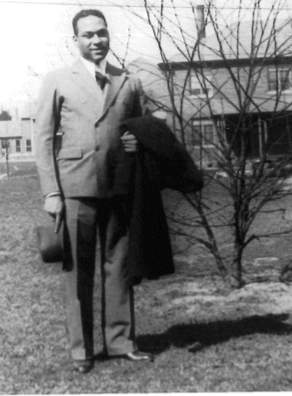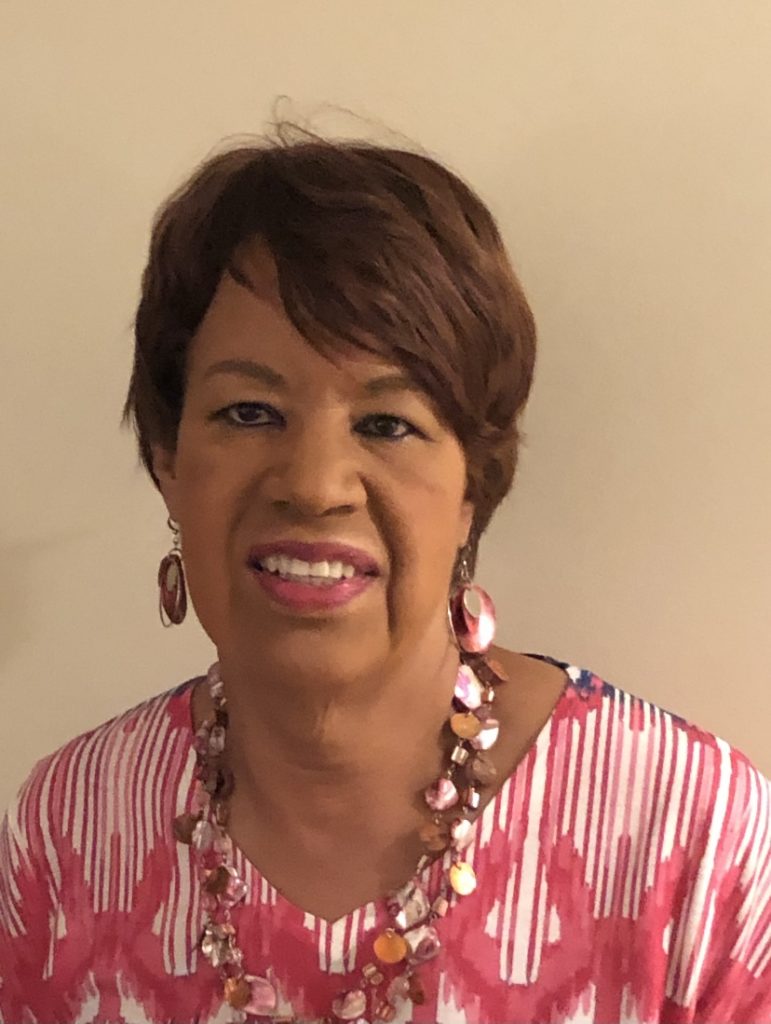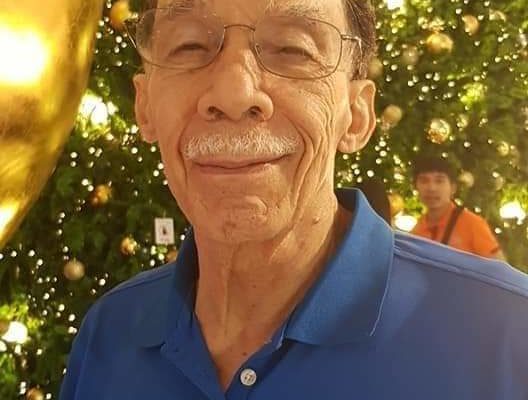By Blake Wheeler
When President Gerald Ford formally recognized Black History Month in 1976, he said, “Seize the opportunity to honor the too-often neglected accomplishments of Black Americans in every area of endeavor throughout our history.”
The U.S. witnessed accomplishments in breaking the color barrier and countless firsts for the Black community. Some of the most notable firsts include Jackie Robinson, Barack Obama, Thurgood Marshall, Hiram Revels, Bessie Coleman and Mae C. Jemison.
Bellarmine University also has experienced many firsts in its 70-year history from having three Black students in its first graduating class to having a full-time Black chemistry professor before the Civil Rights movement.
Ted Wade graduated from Bellarmine in 1954.
“I was born and raised in Louisville and attended Central High School. When Bellarmine announced they were opening the school, I was just graduating high school and I was very interested in the school as a whole. Plus, I only lived 20 minutes away,” Wade said.
Wade was also the first Black athlete at Bellarmine as a member of the men’s basketball team.
Wade said he didn’t experience much discrimination while at Bellarmine. He said he felt very protected by his peers and the school.
“One school told our coach not to bring me on a road trip. Interestingly enough, my coach, Eddie Weber, not only brought me on the trip but played me in a large portion of the game,” Wade said.
Wade graduated with a business degree and worked as a computer system designer and programmer for the Department of Defense. He also owned a computer systems company in New York City before he retired.
Wade said he believes Bellarmine was ahead of the integration curve, having been integrated since day one, calling Bellarmine “a flagship for equality and integrity.”

Dr. Henry Wilson was the first Black full-time professor to teach at Bellarmine. He taught chemistry from 1955 to 1967. He was also the first professor to retire from Bellarmine, and he passed away in 1988.
Wilson was a Louisville native and attended Indiana University. He became the head of the chemistry department.
Bellarmine historian and former theology professor Fr. Clyde Crews was one of Wilson’s students.
“I thought he was a great professor. He was my first Black professor, but he was phenomenal, and I learned a lot from him,” Crews said.
Crews said Wilson’s hiring was very significant to the Bellarmine community. He also said President Alfred F. Horrigan was well ahead of the social justice and racial equality movement.
“President Horrigan was the chair of the city’s human relations department while also serving as Bellarmine’s president, so he would learn what was going on in the community and apply it to Bellarmine to keep us ahead of the civil rights curve,” Crews said.
Crews said Bellarmine has always been racially conscious and proactive, but there is always work to do going forward.

Lynn Bynum is the first Black full-time administrator to work at Bellarmine and is the current chief human resources officer. She came to Bellarmine in October 1999 after being the head of human resources at Health Care Recover Inc.
“A member of the board at my old job was a member of Bellarmine’s board at the time, and he suggested I consider the job since Bellarmine didn’t have any human resource people,” Bynum said.
Bynum said Bellarmine was much smaller when she came to the school, but it still had a great administration. Bynum said she looked forward to the challenge and the opportunity Bellarmine posed when she was hired.
“Bellarmine provided me with an opportunity to make a difference through policy and practices, while trusting me to increase diversity and work creatively,” Bynum said.
Bynum has been a staple in Bellarmine’s efforts to hire more professional people of color as well as help bring in more students of color.
“I don’t think the work will ever be done. There will always be work to do in the professor department, student department, and administration when it comes to diversity,” Bynum said. “I think we need to get more administrators and professors that look like our students. I think this will lead to a more well-rounded learning environment.”
After 21 years of service to the Bellarmine community, Bynum plans to retire after the 2021 school year.

